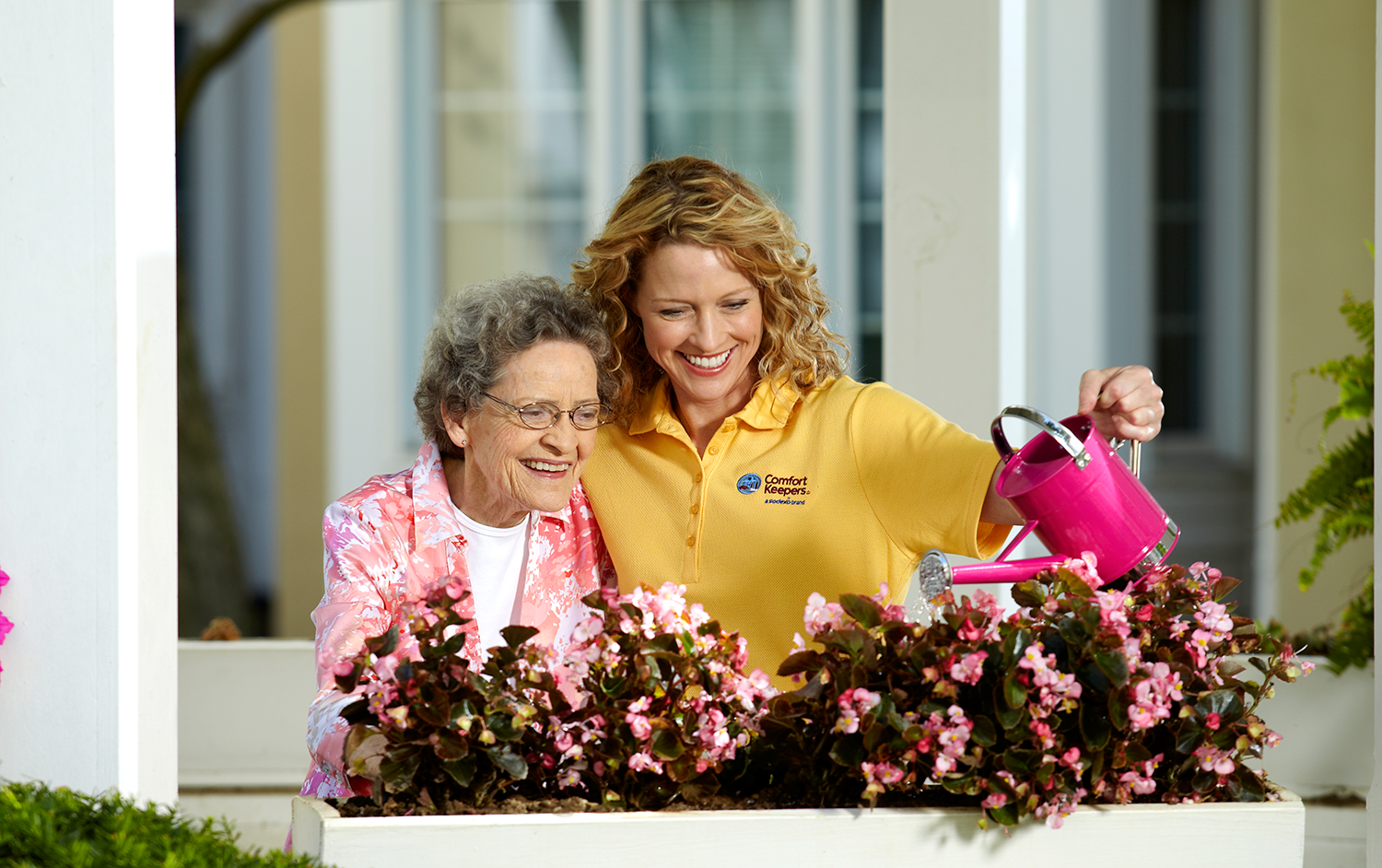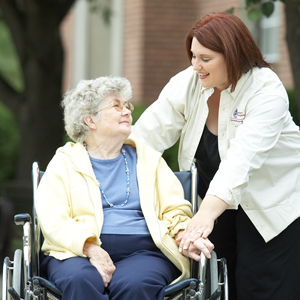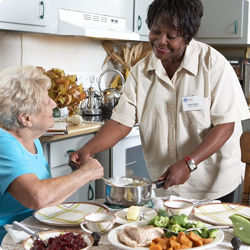Pets, Service Animals or Emotional Support Animals for Seniors: What’s the Difference?
Blog | June 19, 2019

Support Animals for Seniors | It’s commonly understood that animals have a positive effect on our health — particularly our mental health. Their companionship, affection, and unconditional love can make even the worst day a little brighter. For many seniors, animals can offer much more. Service animals and Emotional Support Animals for seniors are becoming ever more common.
What’s the Difference Between Pets, Emotional Support Animals and Service Animals for Seniors?
How do you know which is right for you or your ageing parents? What’s the difference between a pet and a service animal? What is an Emotional Support Animal? We’ll endeavour to clarify the differences and narrow down which would be the best for your situation.
Pets
When it comes to animal companions, the most obvious choices are pets. Particularly if someone has always had a furry (or feathered/scaled/etc.) friend, pets can bring a sense of unconditional love and comfort to seniors. The options for pets are nearly endless and can accommodate a wide range of living situations, allergies, and levels of commitment. For some people, simply having some fish to care for and observe is enough to ease stress and provide a renewed sense of purpose. For many, the love and affection of a cat or dog are more beneficial.
Regardless, make sure that you (or your loved one) knows what kind of commitment is required and is able to accommodate the animal — physically, emotionally, and financially. Also, when looking for pets like cats, dogs, rabbits, and guinea pigs, always adopt from a local animal shelter. Specifically, consider adopting an older animal. They are less likely to find a loving home and are often the perfect solution for seniors — who wants to worry about house training a puppy, anyway? The Ontario Society for the Prevention of Cruelty to Animals (SPCA) even offers a pet personality matching service to determine your ideal pet personality type. The pets they have available for adoption are classified according to this system so you can find your purr-fect match.
Emotional Support Animals
While all pets can offer emotional support, an Emotional Support Animal (ESA) provides support that this critical to the persons daily functioning. For an animal to be considered an ESA, a therapist or other healthcare professional must decide that the animal is needed for the mental health of their patient and provide a letter to that effect. Additionally, the animal is usually trained or chosen for its particular characteristics and personality that make it ideal for the job. If you’re not in an area that regulates ESAs, make sure to do your own research to ensure that the particular animal you are getting will be appropriate for the role — not all animals are cut out to be Emotional Support Animals for seniors. Keep in mind that seniors may not be prepared to house train an animal and that it will need to be comfortable with being affectionate and/or being held from the start.
Service Animals
Service animals — most commonly dogs — are much more highly trained and regulated than ESAs. These animals are specially trained to assist with tasks for people with disabilities. For example, if you or your ageing parents are blind, diabetic, or living with dementia, a service dog could assist with getting around, finding things, or monitoring and responding to your health. These dogs can even be trained to detect when your blood sugar is dangerously low and call 911 (on speed-dial, they’re not literate quite yet) or get help from someone nearby.
Because they’re more specialized and regulated, service animals have more rights than Emotional Support Animals. They’re also provided by organizations and must be medically necessary, so it’s a more detailed process to get one. Patience is often required, as is travelling to a different city to meet your new companion.
Each type of animal offers something of value. Which one is the best depends on the level of support you need and whether it’s medically necessary for daily life.
Comfort Keepers® Georgian Triangle Can Help
If you are concerned about the health and wellbeing of your aging loved ones we can help. Comfort Keepers®’s trained caregivers help provide senior clients with the highest quality of life possible to keep them happy and healthy at home. Our Interactive Caregiving™ provides a system of care that addresses safety, nutrition, mind, body, and activities of daily living (ADLs).
What’s more, our trained caregivers are selected with one specific quality in mind: empathy. Care that is empathetic is care that starts in the heart, and it allows us to meet our clients’ exact needs. Learn more about our unique service offering by contacting the Comfort Keepers Georgian Triangle office.
If you live in the Collingwood, Midland, Owen Sound area, contact Comfort Keepers at (705) 293-5553, or email us at georgiantriangle@comfortkeepers.ca
Comfort Keepers Georgian Triangle is here to help you and your loved ones get the best care possible.
Individualized Home Care Options
Long-Term Home Care, 24 Hour Home Care & Short Term Care Options Customized for You







